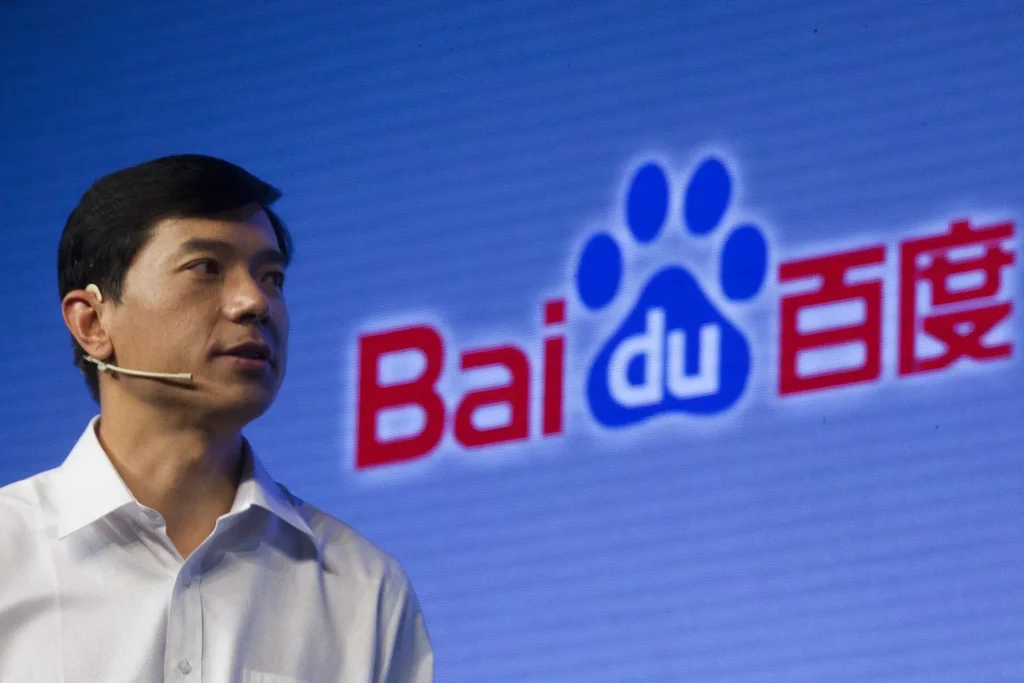Robin Li, co-founder and Chief Executive Officer of Baidu, emphasised the ongoing necessity of investing in cloud infrastructure and data centres, even as advancements like DeepSeek raise questions about the cost efficiency of artificial intelligence (AI). Speaking at the World Government Summit in Dubai, Li asserted that substantial computing power remains essential for developing smarter AI models.
Investment in AI Infrastructure Remains Crucial
“Investment in cloud infrastructure is still very much required. To create models that surpass others in intelligence, greater computational power is necessary,” Li told summit attendees. His statement underscores the role of high-performance hardware in AI’s ability to process vast amounts of data, learn from patterns, and generate complex predictions.
Li’s remarks come at a time when DeepSeek, a Chinese AI startup, has gained international recognition for developing language models that rival top-tier systems like OpenAI’s GPT. What makes DeepSeek particularly notable is its ability to achieve such high performance while utilising significantly less computing power. This innovation has sparked discussions about whether the massive expenditures on AI infrastructure remain justified.
China’s AI Race and Baidu’s Position
Baidu was one of the first Chinese companies to introduce AI-powered products following the release of OpenAI’s ChatGPT in late 2022. However, despite Baidu’s claim that its Ernie large language model (LLM) is comparable to GPT-4, Ernie has struggled to gain widespread adoption among the public.
Li has previously made bold predictions regarding China’s AI industry, suggesting that it is unlikely another company similar to OpenAI will emerge from China. He has also been a strong proponent of closed-source AI models, arguing that keeping technology proprietary is the only viable approach to development.


The Impact of DeepSeek and Changing Perspectives
At the summit, Li acknowledged that DeepSeek’s rise serves as a reminder of how unpredictable innovation can be. “You never know when and where the next big breakthrough will come from,” he remarked. He further noted that due to constraints on computational resources, Chinese companies have been driven to find cost-effective ways to optimise AI technology.
In an interesting shift from his previous stance, Li seemed more open to the idea of open-source AI development. “If you open things up, many people will be curious enough to explore it, which can accelerate the spread of technology much faster,” he stated. This marks a notable departure from his earlier advocacy for closed-source models.
Looking Ahead: The Future of AI Investment
Despite DeepSeek’s efficiency in computing power usage, Li’s message was clear—AI development still demands heavy investment in data centres and cloud infrastructure. He believes that leading the AI race requires an ongoing commitment to expanding computational capabilities, which remains a top priority for Baidu.
As China’s AI landscape continues to evolve, competition among companies is intensifying. The emergence of DeepSeek highlights how technological breakthroughs can shift industry dynamics, but Li’s comments suggest that Baidu remains focused on the long-term vision of AI growth through continued investment in infrastructure and computational power.
With AI development accelerating globally, the balance between cost efficiency and computing power will remain a critical discussion point. While DeepSeek’s innovation may reshape strategies, the need for robust AI infrastructure remains a cornerstone of progress in the industry.